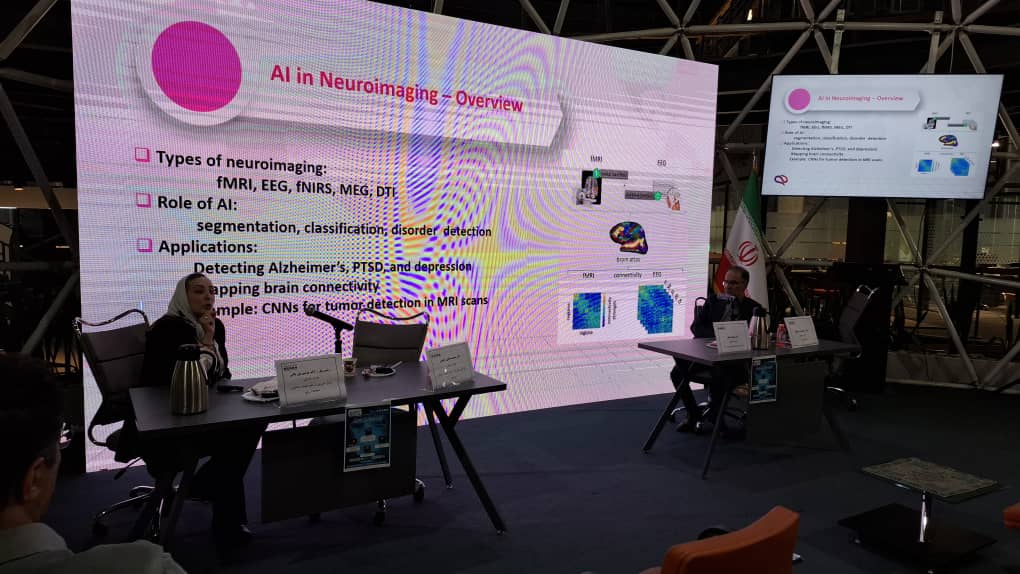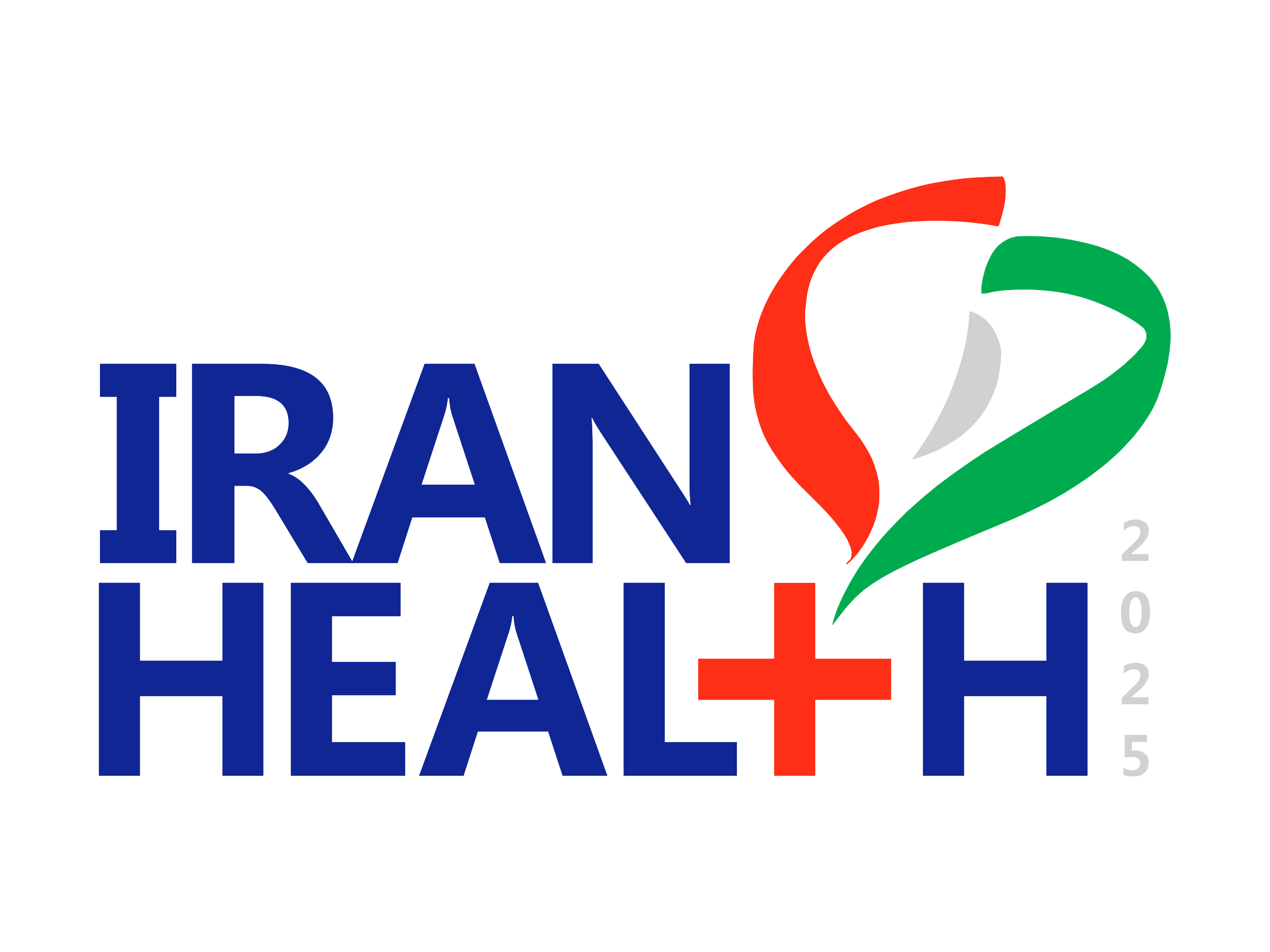Artificial Intelligence and Neuroimaging: A Revolution in Brain Disease Treatment and Understanding Cognitive Function

June 10, 2025 – The convergence of artificial intelligence and advanced neuroimaging tools is transforming the diagnosis and treatment of brain diseases, ushering in a new era for digital health. These interdisciplinary technologies, at the intersection of neuroscience, psychology, engineering, and computer science, are enabling a deeper understanding of brain function and opening innovative horizons for healthcare.
At a recent expert panel during the Iran Health Exhibition, Dr. Noushin Pourbaghi, Chair of the Scientific-Research Committee of the Iranian Society of Medical Equipment Specialists, highlighted the complexity of defining intelligence—a challenge that spans psychology, neuroscience, electrical engineering, and linguistics. The absence of a unified definition makes it difficult to determine which systems truly qualify as artificial intelligence.
Dr. Pourbaghi emphasized the cross-disciplinary nature of AI, noting its applications across neuroscience, psychology, engineering, computer science, and even the humanities. She shared examples of AI’s reach, such as doctoral research on ethical judgment in the human brain, and referenced the historical roots of AI in World War II cryptography projects led by pioneers like Alan Turing.
A key focus was the application of artificial intelligence in neuroscience, particularly through neuroimaging. Dr. Pourbaghi explained that neuroimaging technologies, including fMRI, provide detailed insights into brain activity and disorders. AI-powered analysis allows for advanced modeling of decision-making and ethical processing, paving the way for intelligent decision-support systems.
Machine learning and deep learning have become vital in analyzing brain data. Dr. Pourbaghi noted that deep learning automates feature extraction, improving diagnostic accuracy when large datasets are available. She cited her own research on PTSD detection models as an example of AI-driven progress.
The discussion also addressed challenges in mental health diagnostics, where functional rather than structural factors complicate detection. Dr. Pourbaghi referenced international AI projects in emotion analysis, demonstrating how AI can interpret body language and facial expressions for clinical and security applications.
Looking ahead, Dr. Pourbaghi pointed to the growing importance of neuromodulation tools and the synergy between brain data analysis and targeted neural stimulation. This integration of artificial intelligence and neuroimaging promises to significantly enhance diagnosis, treatment, and management of brain disorders, supporting clinicians and researchers and advancing the development of digital health.
